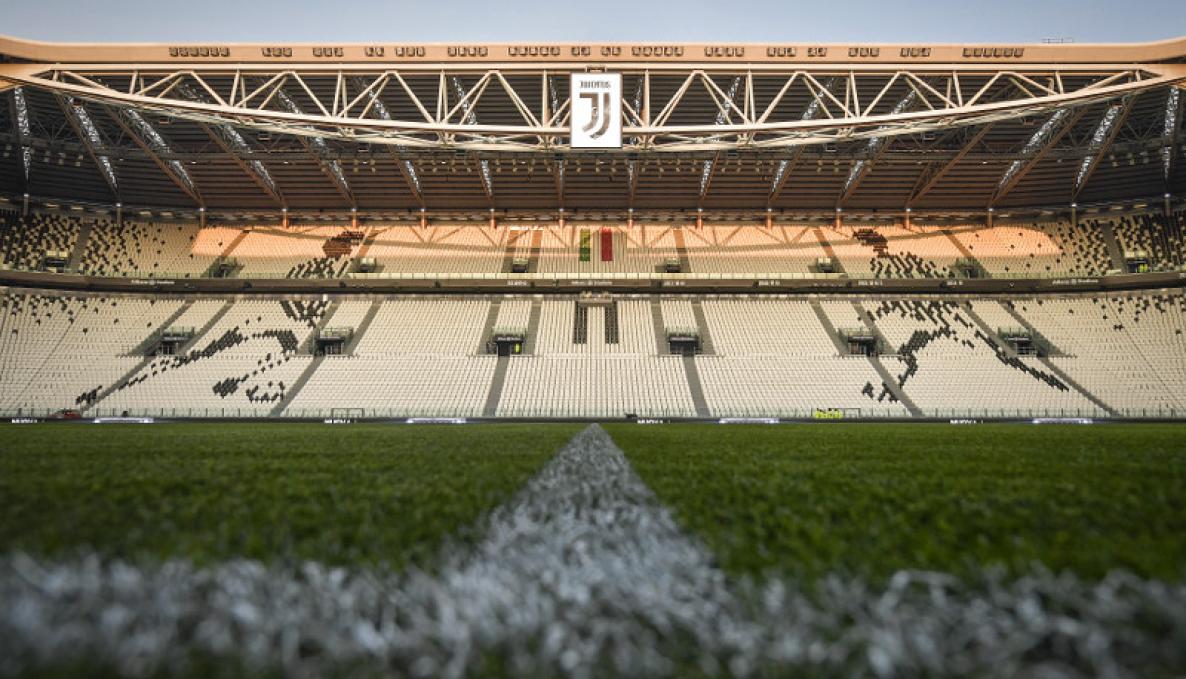sustainable soccer: in turin, SANT’ANNA school researchers and JUVENTUS executive officers discussed the eu LIFE TACKLE project

Juventus football team executive officers and Sant’Anna School of Advanced Studies researchers share the responsibility to promote sustainability and the best practices for renewable measures ensuring eco-friendly, solar-powered stadium and zero carbon emissions. In particular, the EU project Life Tackle best practices on environmental management will be collected and tested in 10 stadiums across Europe. To reduce significant negative impacts, also with a solid waste good composting and recycling program at the venues of Euro2020 (Rome, Baku, Saint Petersburg, Copenhagen, Amsterdam, Bucharest, London, Glasgow, Bilbao, Dublin, Munich, and Budapest), Sant’Anna School researchers visited the Allianz Stadium in Turin to test football matches' environmental impacts.
Euro 2020 is a big opportunity for both national and the European football associations to make the sport greener. The main objective of LIFE TACKLE is to increase the awareness and to improve the practices of sport events in order to improve environmental management during football events. The UEFA has been cooperating with local organizations to promote a more sustainable and holistic approach to organizing, playing and watching football. Largescale events such as UEFA Euro2020 will raise awareness within the football community of the environmental impact and the responsibility towards communities and society.
Professors Marco Frey and Fabio Iraldo from the Sant’Anna School Institute of Management, as the project coordinator and the researcher responsible for the Sport Sustainability Management, highlighted the LIFE Tackle’s guidelines on many different issues such as mobility, energy and waste management, water consumption and environmental governance, including green procurement.
“The meeting in Turin was effective in showing how the Allianz Stadium has taken measures in reducing its own carbon footprint. It is a model for sustainability in Italy - said Fabio Iraldo – and we must continue to lead by example in this field. Sustainable sporting practices are an excellent way to reduce costs and generate revenue. We aim to increase the awareness in developing strategies, LIFE Tackle’s guidelines and procedures to minimize the environmental impact”.
“We greatly appreciate the Juventus executive officers cooperation – added Marco Frey - Football relies on large-scale facilities and intensive use of transport infrastructure. It is vital that events can protect the environment and local communities. Stadiums will make the most of the sun’s power and the waste management during football matches. Supporters and fans will implement programs to capture recyclables and food waste. Over the past years, many stadiums implemented pilot programs aimed at maximizing material capture and diversion. We are committed to taking this successful program to the next level by engaging stakeholders to pursue zero waste”.



